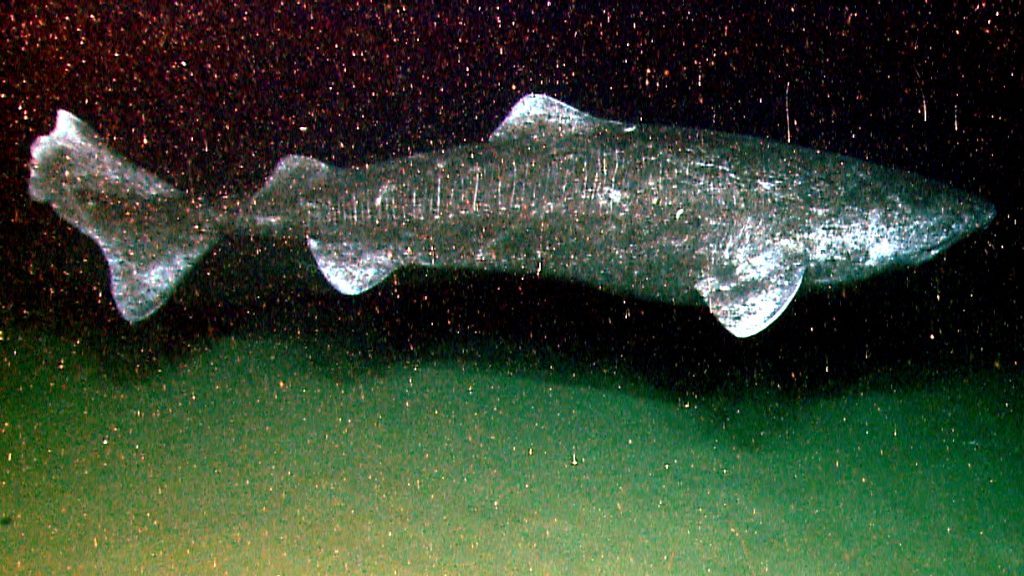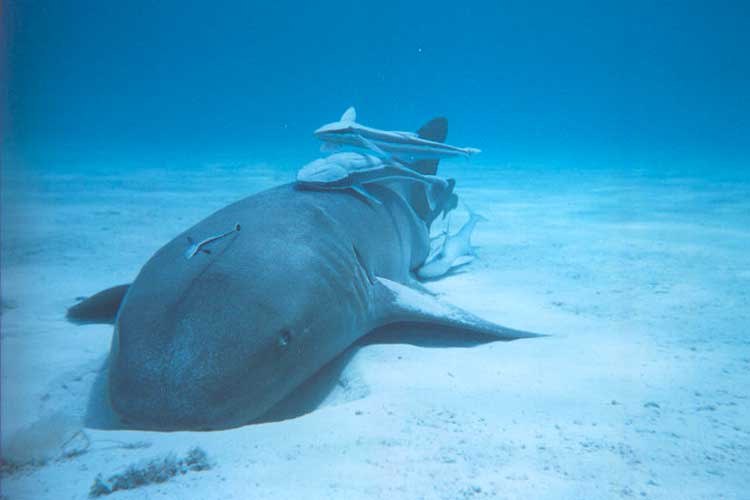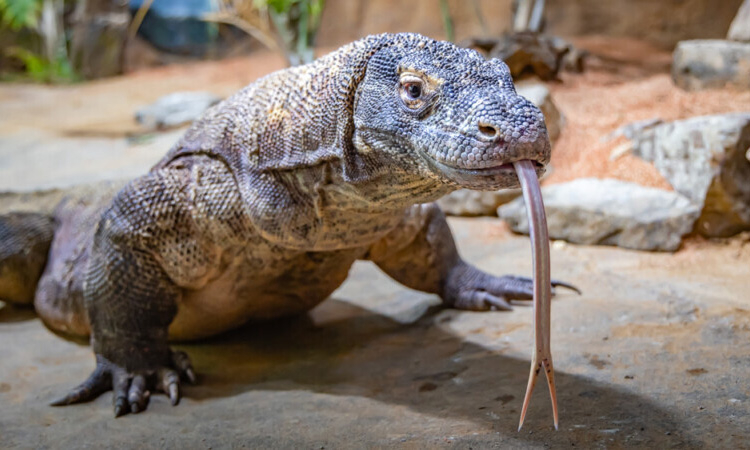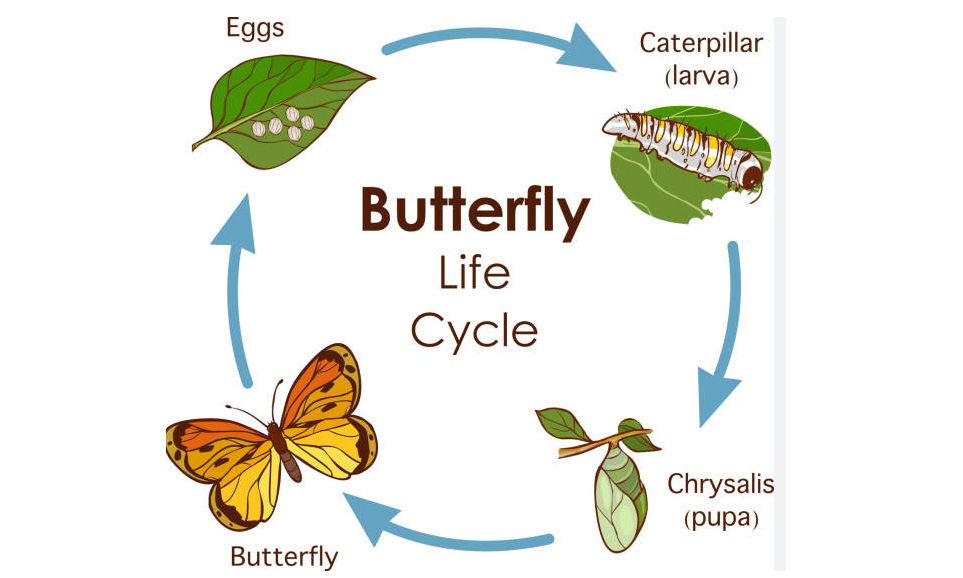Sleeper sharks, also known as Greenland sharks or somniosus microcephalus, are fascinating creatures inhabiting the cold, deep waters of the Arctic and North Atlantic oceans. These sharks are named “sleeper” due to their sluggish and slow-moving nature, but don’t let their lethargy fool you—they are one of the longest-living vertebrates on the planet. How long can a sleeper shark live? Let’s delve into the lifespan of sleeper sharks and explore how long they can live.
Factors Affecting Lifespan
Several factors contribute to the longevity of sleeper sharks. One of the primary reasons is their slow metabolism and low activity levels. Unlike other shark species that are constantly on the move, sleeper sharks expend minimal energy, allowing them to conserve resources and live longer lives. Additionally, their deep-sea habitat provides a stable and relatively undisturbed environment, reducing the risk of predation and environmental stressors.

Scientific Studies and Estimates
Determining the exact lifespan of sleeper sharks can be challenging due to the limited research conducted on these elusive creatures. However, scientists have used various methods to estimate their longevity, including age determination techniques such as radiocarbon dating of eye lenses and analysis of growth rings in their vertebrae.
Longevity Records
Based on available data, sleeper sharks are believed to have an exceptionally long lifespan, with some individuals living for several centuries. The oldest known specimen, discovered in the Arctic waters near Greenland, was estimated to be around 392 years old. This remarkable finding stunned scientists and highlighted the incredible longevity of these mysterious deep-sea dwellers.
Potential Factors Contributing to Longevity
Several factors may contribute to the impressive lifespan of sleeper sharks. Their slow growth rate, combined with their low metabolic rate, allows them to mature slowly and expend minimal energy throughout their lives. Additionally, the cold temperatures of their deep-sea habitat may also play a role in extending their lifespan, as colder environments have been linked to increased longevity in various species.
Conclusion and Conservation Implications
In conclusion, sleeper sharks are among the longest-living vertebrates on Earth, with some individuals potentially reaching ages of several centuries. Their sluggish nature, deep-sea habitat, and slow metabolism contribute to their extraordinary longevity. As scientists continue to study these enigmatic creatures, further insights into their biology and lifespan may emerge, shedding light on the secrets of the deep ocean.
How long can a sleeper shark live? Understanding the lifespan of sleeper sharks is crucial for their conservation and management. Given their slow reproductive rate and vulnerability to overfishing, protecting their deep-sea habitats and implementing sustainable fishing practices are essential to ensure the long-term survival of these remarkable creatures. By conserving sleeper sharks and their fragile ecosystems, we can preserve the biodiversity of the ocean and safeguard the future of marine life for generations to come.




